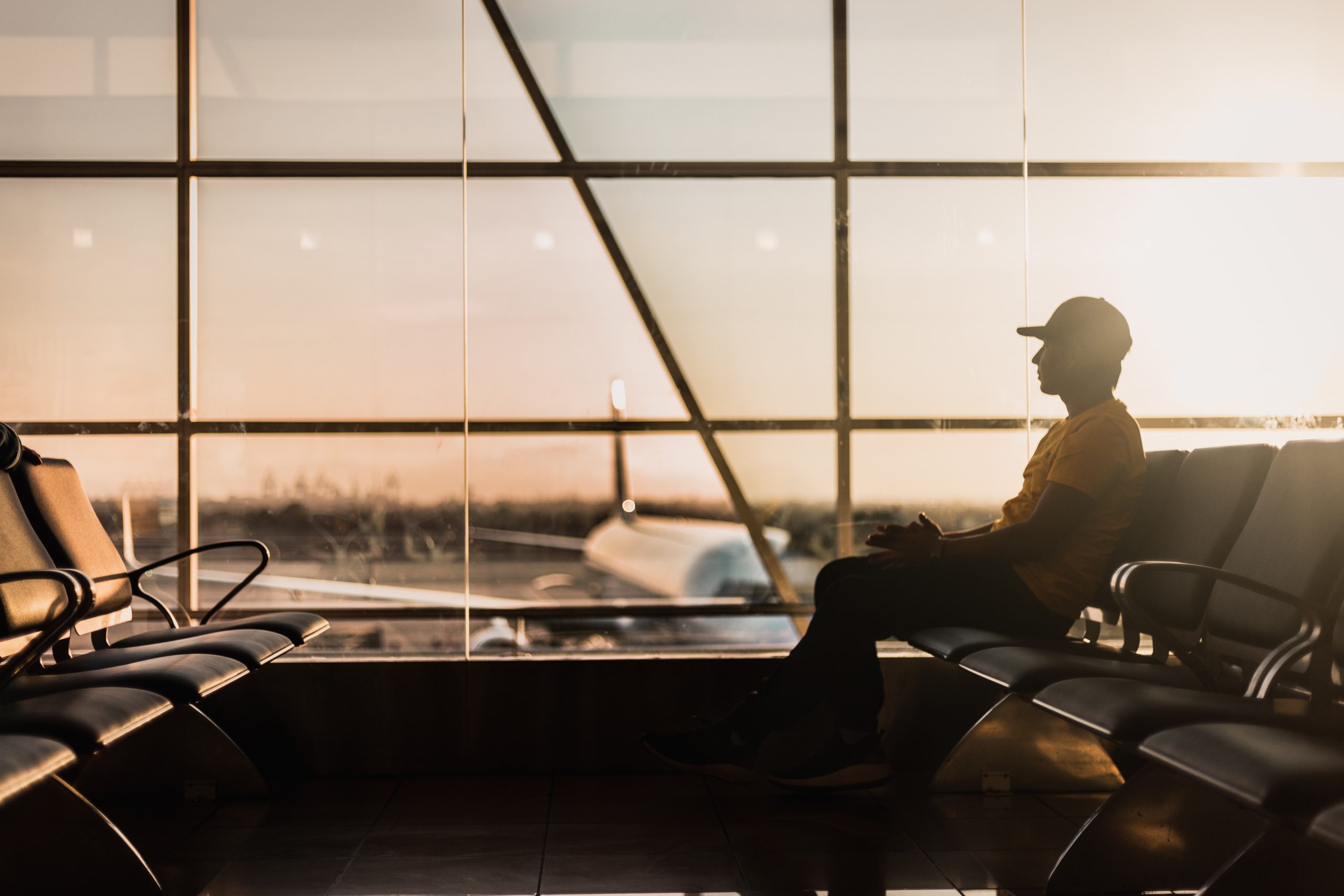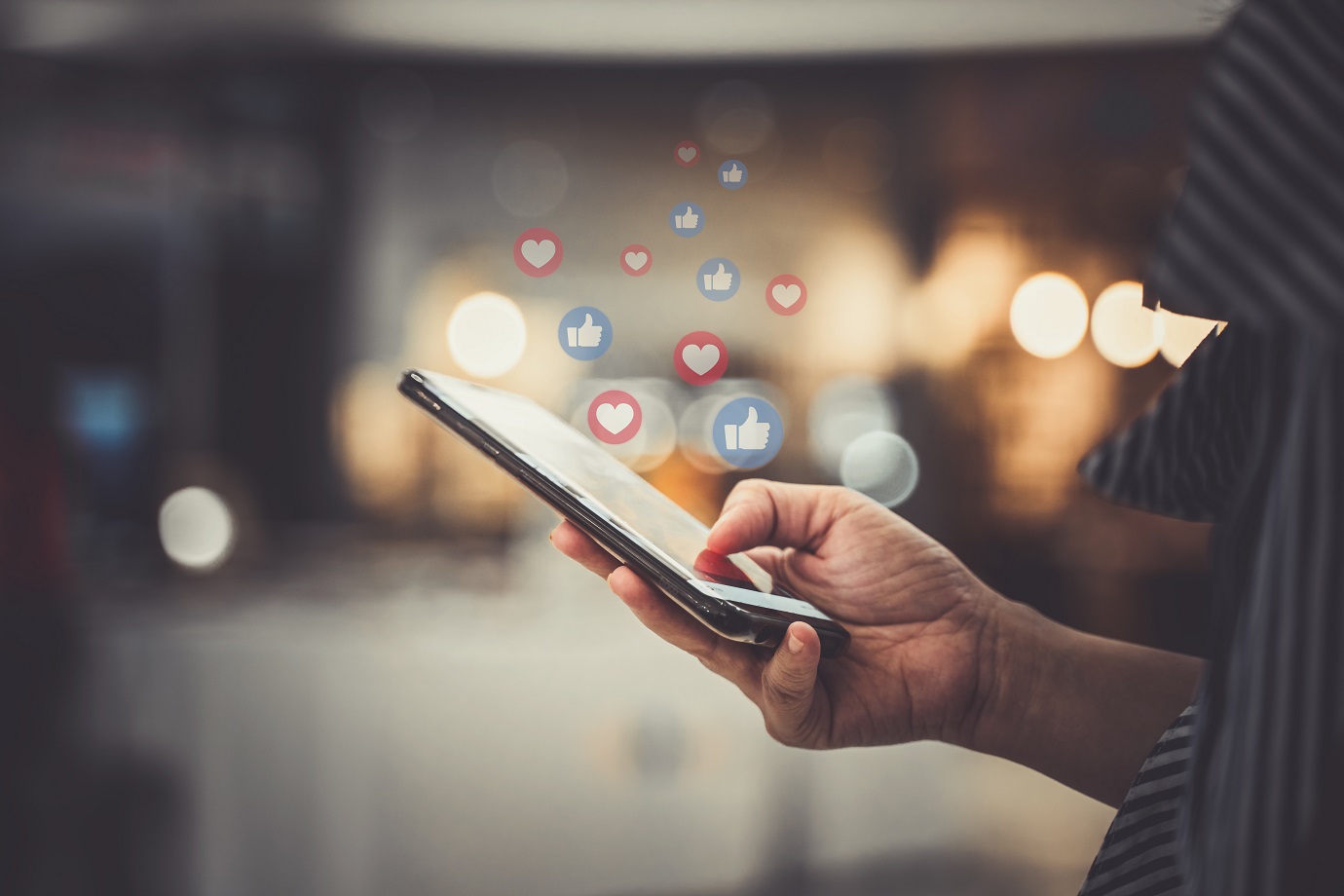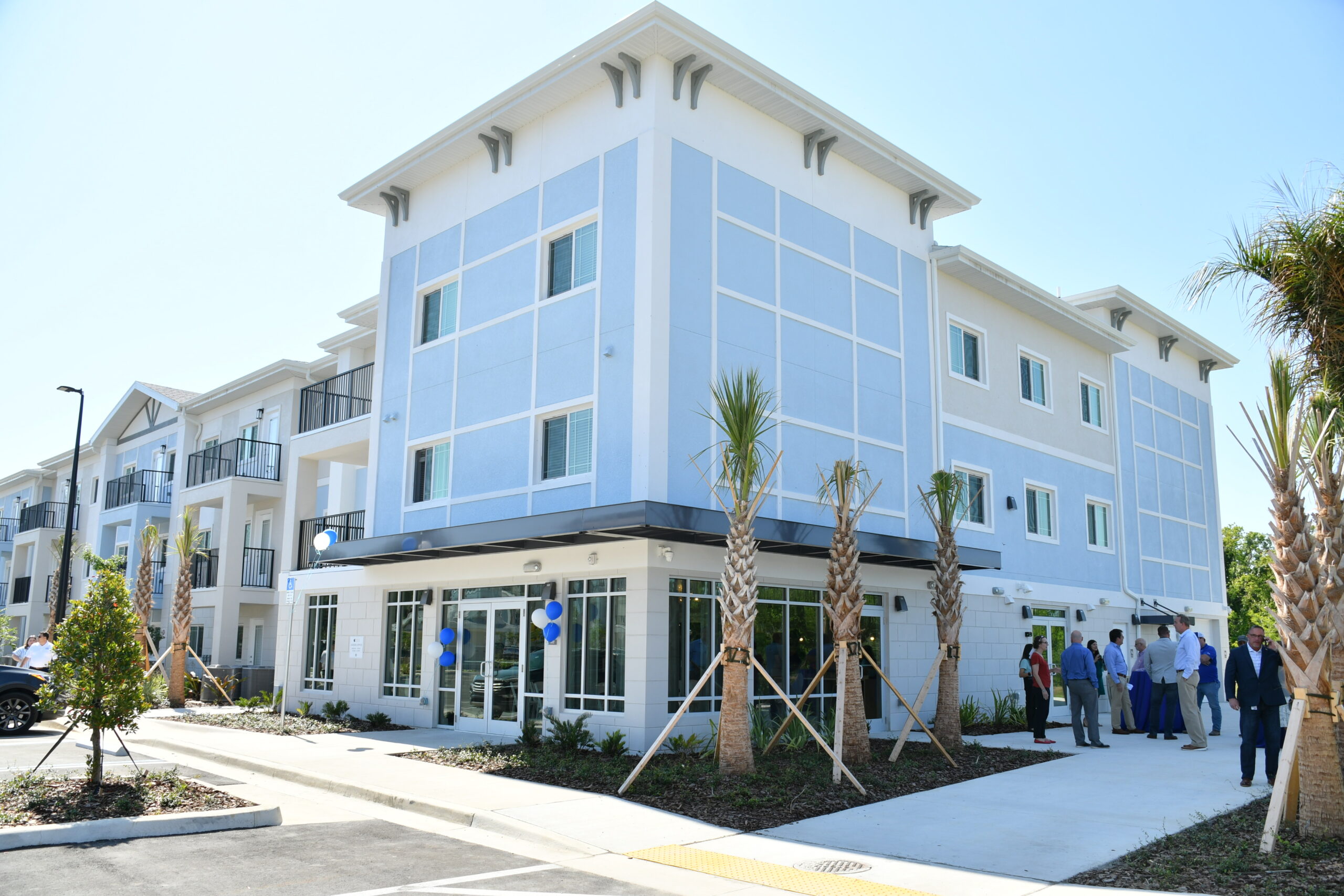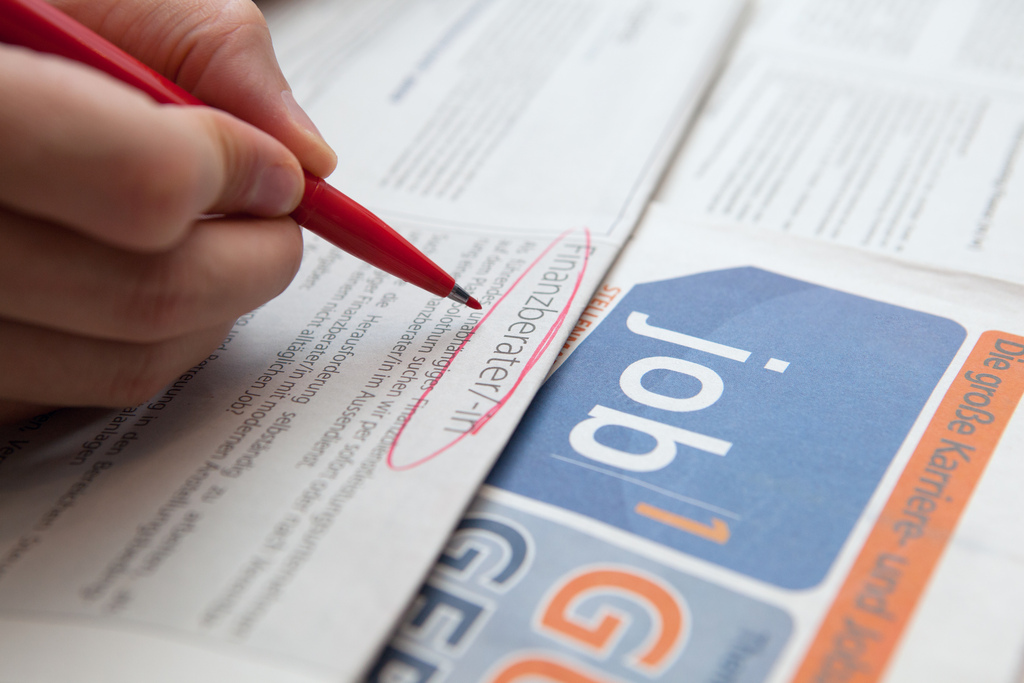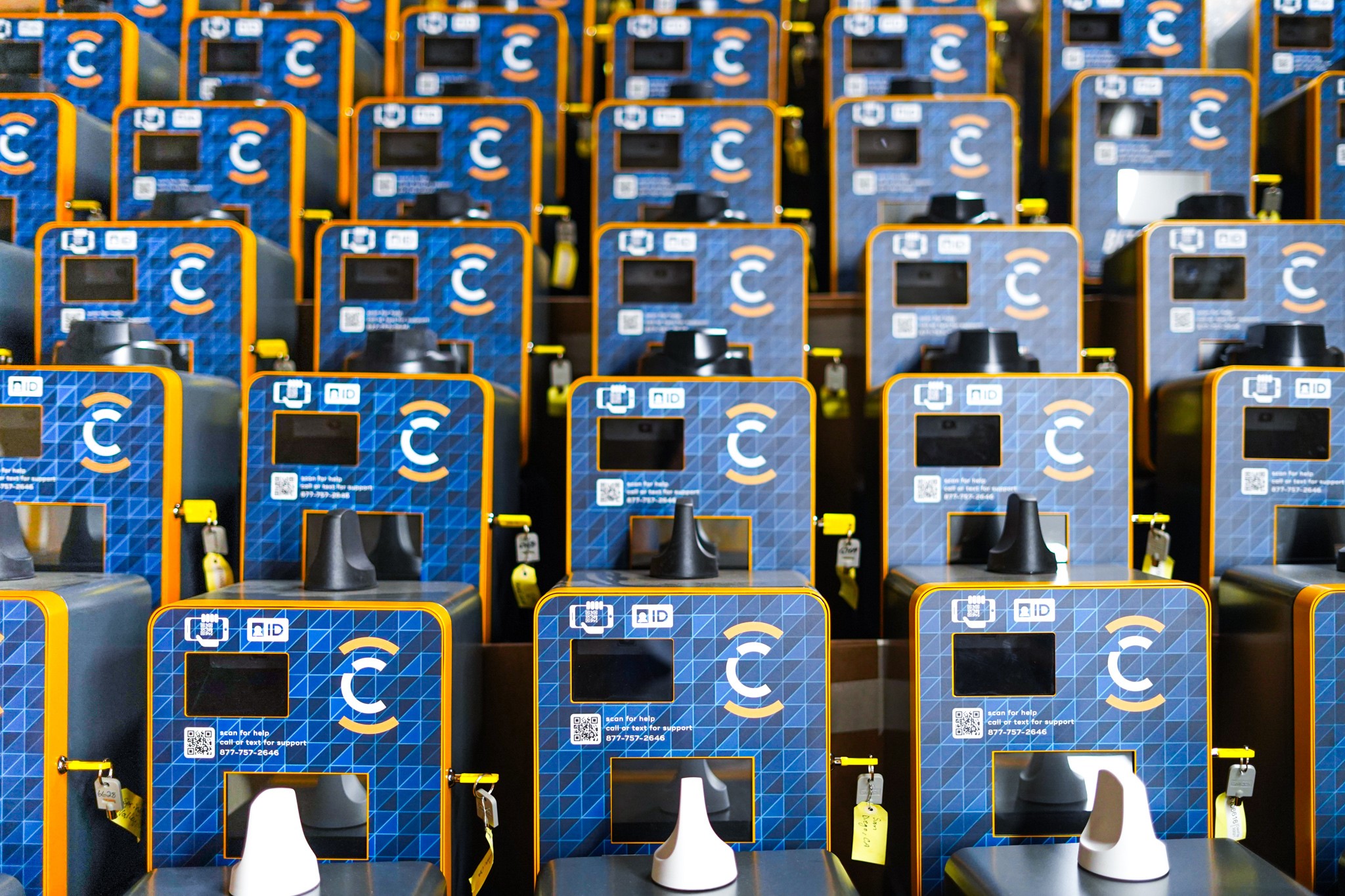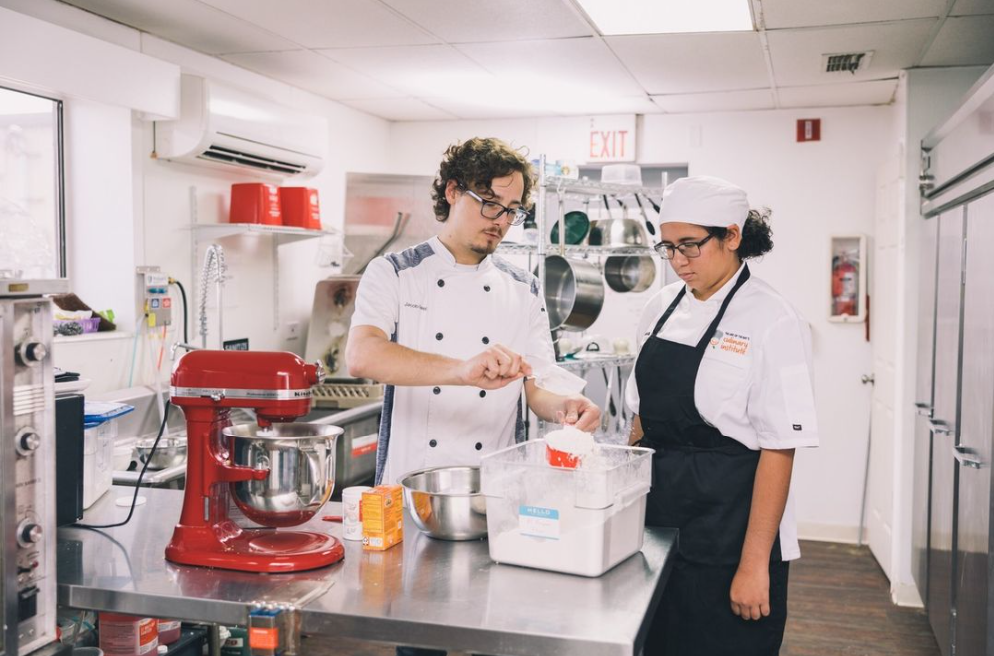Air travel is an absolute miracle of the modern age. It allows people to travel around the globe in a matter of hours. Of course, a trip to the airport nowadays can also be infuriating. Between long lines, overwhelming crowds, missing luggage, and major delays, it’s safe to say airlines still have a few kinks to work out. Luckily, new AI-powered research from the University of Missouri may have a high-tech solution to all your airline woes. It’s discovered the 11 best ways airlines could improve the stress associated with air travel.
The computer program discovered 11 ways to create more satisfied airline customers across the board. It did this by utilizing thousands of customer reviews to identify where airlines are falling short,
Sharan Srinivas used AI to analyze close to 400,000 unique, publicly available customer reviews for six major U.S. airline companies. Then he developed algorithms capable of identifying the most common themes mentioned in the customers’ feedback. Srinivas is an assistant professor with a joint appointment in the Department of Industrial and Systems Engineering and the Department of Marketing.
From there, Srinivas determined each customer’s overall sentiment (positive or negative) toward each of the air travel categories. Study authors believe the resulting insights offer airlines an opportunity to gain a stronger understanding of their customers’ perspectives and experiences.
All in all, the results reveal that most negative feedback revolves around lost luggage, uncomfortable seating, and flight cancellations. On a more positive note, customers tend to really appreciate in-flight entertainment, ground and cabin staff service, and service in first and business-class seating.
AI’s 11 suggestions on how to improve the average airline customer experience:
- To improve comfort, implement more flexible seating arrangements.
- Automate the disinfecting process for on-plane bathrooms.
- Redesign overhead baggage bins.
- Implement a more personalized cabin environment with seat height and temperature adjustment capabilities.
- Use analytical models to optimize flight schedules and time buffers between flights.
- Use an artificial intelligence-based approach to monitor and ensure equipment health.
- Introduce a more flexible booking policy (no cancellation charges, no change fees, upfront information about costs).
- Provide ticketing agents with better task clarifications, performance-based feedback, and social praise. This should help improve morale and interactions with customers.
- Install more accurate luggage tracking systems by using RFID tags instead of regular barcode tags.
- Provide more frequent and automated baggage related updates to passengers’ phones.
- Use biometrics and blockchain technology to remove the need to present several identification documents at multiple checkpoints in the airport. This would eliminate the need for passengers to show a boarding pass, passport, and ID.
Prof. Srinivas thinks airlines can use this information to determine their next steps as an industry.
“The ultimate goal is to help inform these airlines about what the customer is actually thinking,” Srinivas says in a university release. “It’s impossible to hear every customer and potential customer’s voice, especially for bigger airlines, but our software and recommendations will significantly assist the airlines in thinking about things from a consumer perspective.”
An infamous airline fight sparked the research
The study author says he was inspired to pursue this research by an incident that occurred in 2017. A United Airlines security representative physically dragged a passenger off a plane when he refused to leave because the flight was overbooked. United Airlines officials claim they chose the passenger at random, yet the amount of outrage that poured in through customer reviews and on social media was staggering.
Due to the high volume of poor feedback, it was challenging for United Airlines to sift through all the complaints. Prof. Srinivas says this study’s AI software would allow companies like United Airlines to sort through customer feedback and respond to issues much faster.
Related: Top 5 Cities on the East Coast Most Recommended By Experts
“Using our proposed approach could allow companies to digest textual information in a much more automated and streamlined manner,” Srinivas explains. “Without an automated process, it would be much more challenging and time consuming to look at each individual review and come away with something that airlines can use to improve their business.”
Airlines need to better understand their customers
While stakeholders and employees no doubt have a better understanding of how the airline business works, Prof. Srinivas explains that when it comes to the product (air travel), understanding your customers is key.
“The users of a product are the ones that can give you the best insight on what needs to be improved,” Prof. Srinivas concludes. “They are the target audience. They are the ones using the product with limited bias. And there’s a lot of untapped insight in what they are saying.”
Prof. Srinivas has made use of various versions of artificial intelligence to track customer approval across many different industries, such as insurance, adaptive clothing, and colleges. He notes such technology can also interpret doctor’s notes and patient reviews as well.
The study is published in the Annals of Operations Research.











